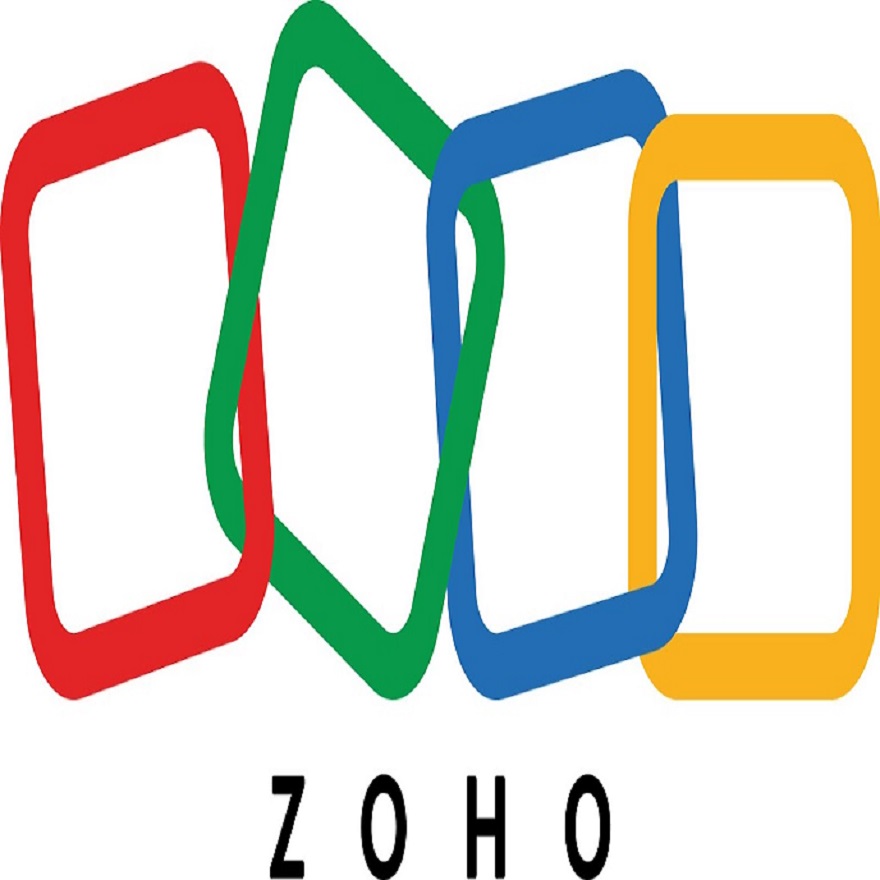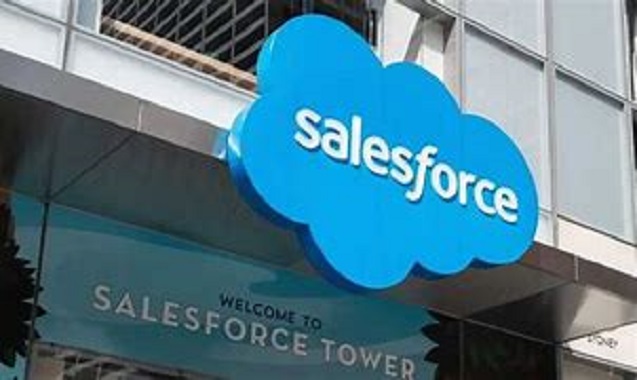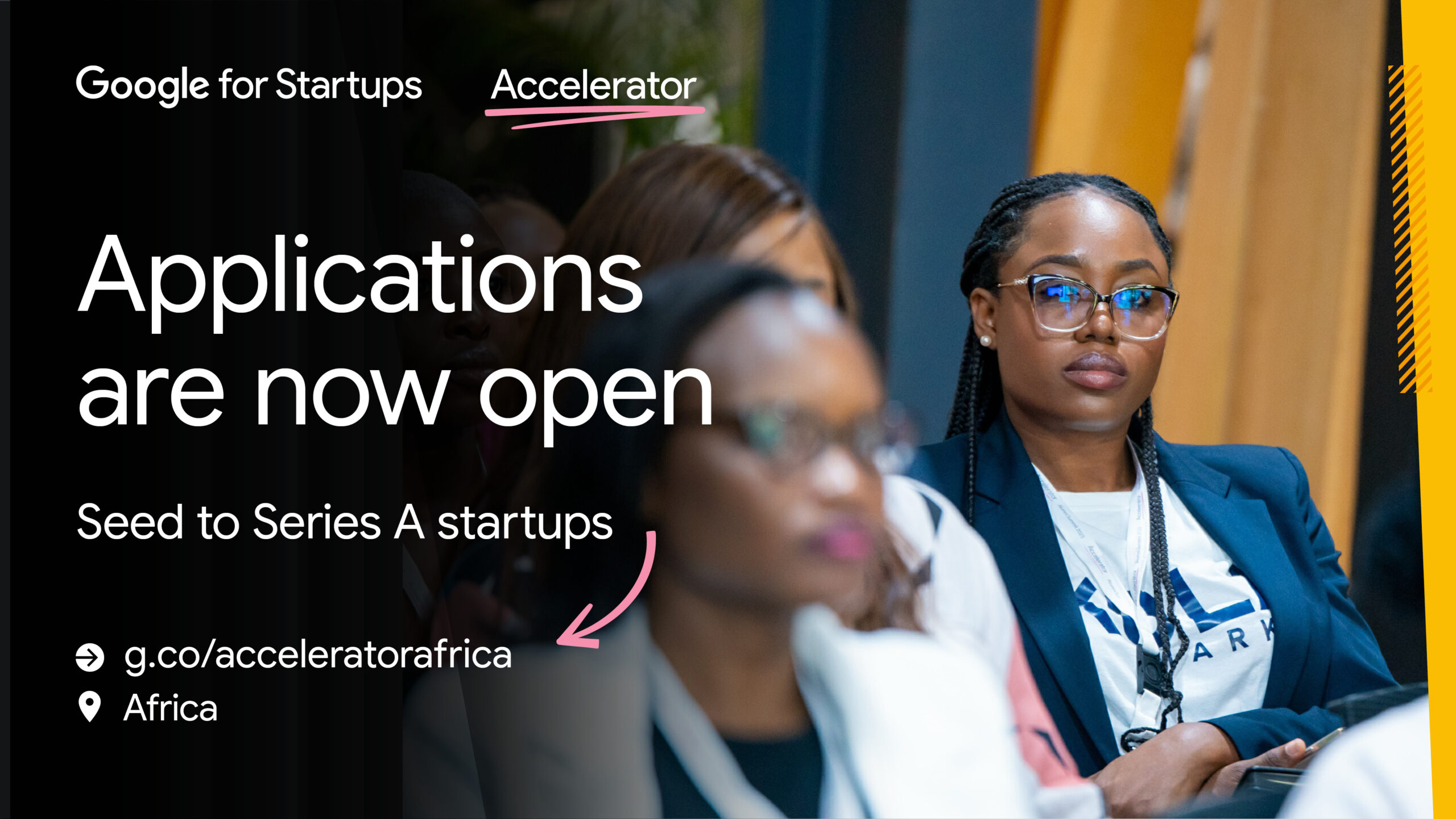Telecom
Zoho Integrates ChatGPT with Zia to Strengthen Generative AI Capabilities

Zoho Corporation, a leading global technology company, on Thursday announced execution plans and ongoing investment in AI, beginning with the launch of 13 generative AI Zoho application extensions and integrations, powered by ChatGPT.

Zoho’s developing AI strategy includes platform expansion and its innovation roadmap with a focus on delivering superior customer experience and value while ensuring the highest level of customer privacy and security. Over a decade, Zoho has been executing and implementing AI (Zia) across its product portfolio, developing in-house technology that runs on the company’s private cloud.
“The fusion of ChatGPT’s generative AI with our homegrown AI features will provide users with a more intuitive, efficient, and secure experience, reflecting Zoho’s deep R&D-first culture,” said Kehinde Ogundare Country Manager, Zoho Nigeria.
“As a technology partner, Zoho’s customers continue to rely on us for keeping them ahead of the curve while retaining core tenets like privacy, which they have come to respect. We will continue to deliver on this promise without compromise”, added Ogundare.
The following are the three core tenets of Zoho’s AI strategy:
● Customer Experience: Zoho’s AI solutions deliver the context, intelligence, and efficiency necessary to produce exemplary experience. Zia is woven into the fabric of each step, be it enhancing customer records, producing documents, providing insights into processes or proactively forecasting, and preparing for user issues that might arise.
● Customer Privacy: Zoho builds its AI in-house, resulting in optimal privacy protection that effortlessly unifies with users’ greater technology ecosystems. Tools powered by Zoho’s AI extensions deliver intelligence without compromising customer data or sending information to an unverified third party.
● Customer Value: Zoho delivers multifaceted value in the form of customer productivity, ease of use, cost, relevant KPIs, and making AI widely available to a broad set of people.
AI Roadmap and Vision
In the short term, Zoho will facilitate Zia’s integration with third-party intelligence, bringing the newest technology into the company’s broad portfolio of business solutions. As Zoho progresses, the company intends to take generative AI technology in-house, ensuring its 90 million global users benefit from intelligent experiences as well as Zoho’s leading value and privacy standards. In addition, Zoho is currently developing proprietary Learning Language Models (LLMs) capable of conversing, summarising, paraphrasing, and adapting to new tasks with zero-shot learning techniques, empowering seamless AI-driven communication and knowledge discovery .
Generative AI in Zoho Applications
Available in its marketplace, Zoho’s new generative AI extensions, powered by ChatGPT, complement the broad portfolio of AI technology Zoho already supports. This new technology has been contextually integrated into Zoho’s applications and can be leveraged right away by users:
Zoho CRM with Generative AI can extract important information from customer records, predict deal outcomes, create custom emails and templates, and check for grammatical errors.
Zoho Analytics with Generative AI allows users to import public datasets, blend them with business data, and create SQL queries from natural language.
Zoho Desk with Generative AI can summarise tickets, analyse customer tone, generate replies from a knowledge base, and track down solutions.
Zoho Writer with Generative AI can suggest headlines, fix punctuation and shorten content, and integrate answers to user questions.
Zoho Mail with Generative AI can create multiple versions of emails, highlight action items, and generate email summaries.
Zoho Cliq with Generative AI can paraphrase messages, transform threads into outlines, and shorten responses.
Zoho Social with Generative AI can produce engaging content, suggest relevant supporting media, and optimise posts.
Zoho Assist with Generative AI can generate shareable summaries and enhance customer service.
Zoho LandingPage with Generative AI can create complete product-specific landing pages with forms, personalisation, SEO optimisation, and migration capabilities.
Zoho SalesIQ with Generative AI can transcribe conversations, tag transcripts, review messages, and utilise ChatGPT Block in Zobot.
Zoho Notebook with Generative AI can organise notes with automatic tagging and summarising, turn them into checklists, and provide grammar and spelling suggestions with Zoho Blue Pencil.
Zoho DataPrep with Generative AI can find external datasets and suggest relevant formulas.
Zoho Meeting with Generative AI allows users to index session transcripts and generate effective keynotes.
Availability and Pricing
Zia is available by default in Zoho’s applications, while ChatGPT-powered integrations are available in Zoho’s Marketplace. Customers choosing to enable generative AI capabilities within Zoho’s applications may do so using their existing OpenAI account API key. Based on the number of APIs used, customers will be billed directly by OpenAI. Zoho will maintain a steady rhythm announcing new generative AI extensions and integrations to its portfolio.
Telecom
Salesforce Revolutionizes Business Intelligence with AI-Powered Tableau Next


Organisations today face a data paradox: they need to make fast, intelligent decisions but are overwhelmed by large volumes of often unreliable information. With over 75% of business leaders under pressure to prove data’s value, the demand for trusted, actionable insights has never been greater.
What is agentic analytics
Agentic analytics allows users to collaborate with AI agents to speed up the entire data-to-action process. Instead of relying on static visualizations, analysts can use AI to automate tasks like data preparation and ETL (extract, transform, load processes), freeing them to focus on deeper analysis. Business leaders can ask natural language questions and get instant, reliable answers along with recommended actions. This makes data-driven decision-making easier and more efficient, removing the need for technical expertise and manual effort typical of traditional BI tools.
- Automate repetitive data tasks like data cleaning, transformation, and visualization generation, as well as the execution of complex, multi-step analytical workflows within and across different business areas. This builds on Tableau’s strength in simplifying complex data for users.
- Proactively deliver faster, more comprehensive insights by autonomously detecting hidden correlations, outliers, and trends that might be missed by human observation. This enhances Tableau’s focus on user-driven insights by providing AI guidance.
- Enable more contextual and effective action through natural language summaries, visualisations, and data-driven recommendations, insights delivered where people work with an enterprise-class workflow engine that enables users to kick off automated actions. This extends Tableau’s ability to drive action from data, making it more seamless within the Salesforce ecosystem.
Built on the trusted Salesforce Platform and leveraging the power of Data Cloud, Tableau Next delivers enterprise-grade performance, robust security, and flexible, zero-copy data integration for seamless data connectivity. Tableau Semantics, an intelligent semantic layer, provides a unified understanding of information, ensuring data consistency and accelerating the discovery of critical insights. The built-in workflow engine in Tableau Next seamlessly translates insights directly into actionable steps, dramatically accelerating the time to value. The key differentiator is the native integration with Agentforce, Tableau Next equips humans and AI agents with pre-built analytical skills to rapidly transform data into tangible business value, marking a significant leap forward in data-driven decision-making. It includes:
- Data Pro: Your Intelligent Data Prep Assistant. Instead of users manually cleaning up and changing data using complex steps (like in traditional ETL), Data Pro will give smart suggestions on how to do it and even automatically handle some of the complicated changes, saving time and effort.
- Concierge: Instant Answers in Plain Language. Get immediate, reliable answers to data questions. Sales teams, for example, can simply ask “What are my best sales opportunities?” and receive clear insights with recommended actions.
- Inspector: Proactive Data Monitoring & Insights. Continuously tracks your data for key changes, analyzes trends, and predicts improvements. Service teams can be instantly alerted to drops in customer satisfaction, enabling immediate action.
Ensuring Data Trust and Accuracy:
- Tableau Semantics: Tableau Semantics serves as the semantic layer, providing Tableau Next and Agentforce with a unified understanding of business data. By establishing consistent definitions and context, it enables AI agents to generate accurate and relevant responses.
Boosting Efficiency:
- Marketplace: Allows users to easily share and reuse data analysis components (like data assets, connections, metrics, visualizations, dashboards), saving time and ensuring everyone is working with the same information.
“Tableau Next helps businesses achieve faster, more impactful results with their data,” said Ryan Aytay, CEO of Tableau. “We’re shifting from basic reports to a world where AI is a collaborative decision-making partner. By combining AI agents with trusted data and easy-to-use tools, we’re making data accessible to everyone and transforming the data-to-action process into an automated, proactive, and insight-driven cycle. This empowers users to improve decision-making, boost efficiency, and manage risk more effectively.”
Telecom
Temu and Shein Raise U.S. Prices Amid Trump-Era Tariffs

Chinese-founded e-commerce platforms Temu and Shein have announced upcoming price increases for U.S. customers, citing higher operating expenses due to tariffs imposed during former President Donald Trump’s administration.

These tariffs include a 145% import tax on most goods made in China and the elimination of the “de minimis provision,” which previously allowed goods valued under $800 to enter the U.S. duty-free.
The changes, effective May 2, have disrupted the business models of both companies, known for their ultra-low prices and extensive digital marketing campaigns.
Temu and Shein, which specialize in affordable products ranging from clothing to electronics, have urged customers to shop before the price adjustments take effect.
The companies aim to minimize the impact on consumers while adapting to the new trade rules.
These developments come amid concerns from U.S. lawmakers and business groups about the competitive advantage of inexpensive Chinese goods and the potential entry of counterfeit products through the now-canceled exemption.
Telecom
Google Launches 2025 AI Startups Accelerator Program for African Innovators

Google has opened applications for the 2025 Google for Startups Accelerator Africa program, a three-month initiative designed to support early-stage startups using artificial intelligence to address Africa’s most pressing challenges.

Across the continent, startups are demonstrating how local innovation can solve deeply rooted problems. In West Africa, Crop2Cash – an agritech platform and alumni of the program – is using AI to digitally onboard smallholder farmers, build their financial identities, and provide them with access to credit, traceable payments, and productivity tools.
Through these efforts, Crop2Cash is improving agricultural outcomes and unlocking economic opportunity for farmers who have long been excluded from formal systems—illustrating the kind of impact that’s possible when African startups receive the support they need to scale.
The Accelerator is open to Seed to Series A startups based in Africa that are building AI-first solutions. Startups must have a live product, at least one founder of African descent, and a clear vision for responsible AI innovation. Selected participants will receive:
Dedicated technical mentorship from Google and industry experts
Up to $350,000 in Google Cloud credits
Access to a global network of investors, partners, and collaborators
Workshops focused on technology, product strategy, people leadership, and AI implementation
AI’s potential to accelerate Africa’s development is real, and Google is investing in ensuring that African startups lead that charge. According to McKinsey, AI could add $1.3 trillion to Africa’s economy by 2030, but only if bold innovation is supported at the grassroots.
“Startups are Africa’s problem solvers. With the right resources, they can scale their impact far beyond local communities,” said Folarin Aiyegbusi, Head of Startup Ecosystem, Africa at Google.
“This program reflects our belief that AI can be transformative when shaped by those who understand the context deeply.”
Since 2018, the program has supported 140 startups from 17 African countries. These alumni have raised more than $300 million in funding and created over 3,000 jobs. Many are now regional and global leaders in their categories.
Applications for the 2025 cohort are now open. Startups interested in participating can apply at: https://startup.google.com/programs/accelerator/africa
For further information and updates, visit the Google Africa Blog or follow @GoogleAfrica on social media.

 Telecom2 days ago
Telecom2 days agoBanks, Telcos Mull New Billing Plans for USSD Airtime Payments

 E-Business2 days ago
E-Business2 days agoNIPOST in Intensive Care, Needs Reforms Need to – Kekemeke

 General News2 days ago
General News2 days agoFG Launches Survey to Encourage Nigerian Digital Firms Spread Across Africa

 E-Financial2 days ago
E-Financial2 days agoLeadway Partners Firm to Launch Retail Insurance Product for Women

 News2 days ago
News2 days agoDG NITDA Urges Foreign Investors to Tap into Nigeria’s Digital Future

 Telecom2 days ago
Telecom2 days agoMTN, Digital Encode, Back eBusinesslife Girls In ICT Campaign

 News2 days ago
News2 days agoEFCC Assures CBEX Investors of Fund Recovery Amid Investigation

 E-Financial2 days ago
E-Financial2 days agoSage Grey Finance Partners with Bank of Industry to Empower MSMEs in Nigeria

























